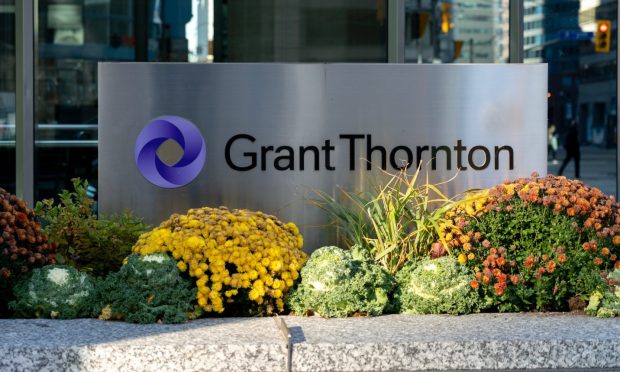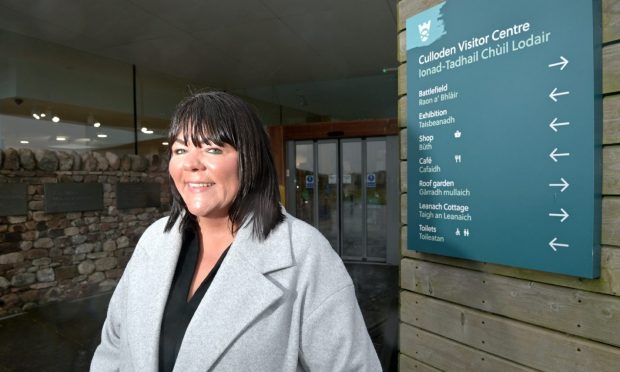Online scammers are putting finishing touches to scams targeting millions of Scots, according to a new report from police, security and banking experts.
Holidays, tickets for major sporting and music events, and unsolicited emails are three prime targets for fraudsters, according to Police Scotland, the Scottish Business Resilience Centre (SBRC) and Royal Bank of Scotland (RBS).
The organisations have put their names to a new guide providing practical advice to ensure Scots are not duped by the latest swindles to hit the market.
Scammers are using increasingly sophisticated measures to trick unsuspecting people.”
Judith Cruickshank, Royal Bank of Scotland.
Online fraud and scams in Scotland have increased 69% since 2011-12, according to the latest Recorded Crime in Scotland Survey.
In response, the Little Book of Big Scams highlights nearly 20 types of scams to look out for, alongside practical guidance on how to spot them and what to do if you fall victim to one.
The top three scam types are:
- Holiday fraud – online scammers are exploiting this summer’s pressures on the travel industry, coupled with a desire for Scots seeking a sunshine break. The guide outlines the traps that consumers may fall into, such as booking accommodation and other travel services that do not actually exist, resulting in stressful financial repercussions.
- Ticketing fraud – with sports and music events back in the diary, people need to be careful where they buy their tickets, so they are not left empty-handed. The guide advises that tickets should be bought from the official event promoter only, and to be aware of anyone asking to pay for tickets via bank transfer.
- Scam mail – people can be enticed via post or emails by the thrill of an unbelievable offer or competition, typically targeting the elderly or vulnerable. The guide advises consumers to be wary about sharing their personal details and so-called prizes that do not require an entry.
Police Scotland assistant chief constable Gary Ritchie said: “New scams are constantly emerging, so it is no wonder that we see businesses and individuals fall into a trap.
“Prevention and education are key, so this guide is packed full of practical advice. The impact can be emotional as well as financial, so I urge everyone to download and share the guide with family and friends, so they know what to do and who to call on if they become a victim of fraud this summer.”
SBRC chief executive Jude McCorry said: “The travel and tourism sectors are still recovering from the pandemic, evidenced by what we have seen recently with delays and cancellations due to staffing issues.
“Scammers seek to take advantage of would-be travellers, who have been left high and dry and are seeking fast solutions. This guide gives people the tools to tackle these scammers head on and so lead to fewer fraud victims.”
RBS regional managing director Judith Cruickshank said research showed scams becoming much more prevalent.
Ms Cruickshank added: “Many of us think we are savvy when it comes to online fraud, however, scammers are using increasingly sophisticated measures to trick unsuspecting people.
“The Little Book of Big Scams provides expert guidance on financial protection, identifying risks and finding solutions so that everyone is better prepared.”
Anyone who thinks that they have fallen victim to a scam should contact their bank immediately on an official phone number, such as the one on a bank statement or bank/credit card.
The guide also covers online and cash point fraud, door-to-door scams, and romance/dating fraud. To report a crime in Scotland, people are advised to call 101.
The Little Book of Big Scams, in association with Police Scotland, SBRS and RBS is available to download via www.sbrcentre.co.uk and elsewhere.














Conversation